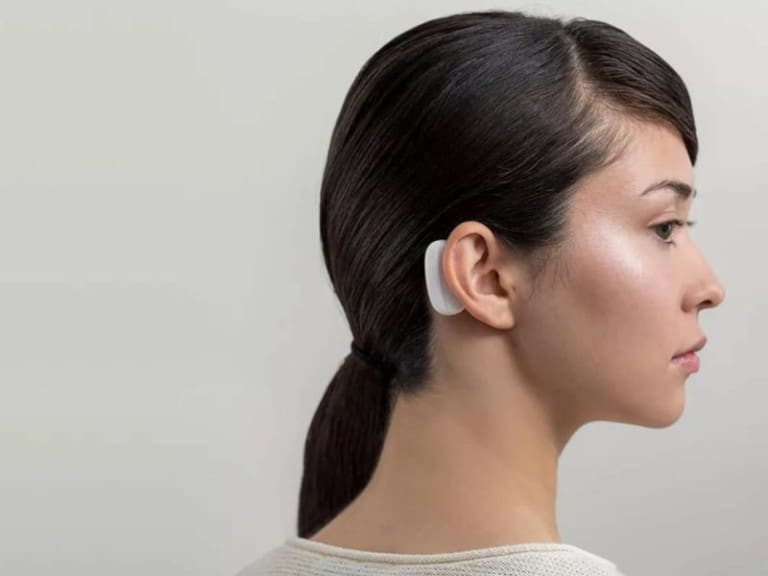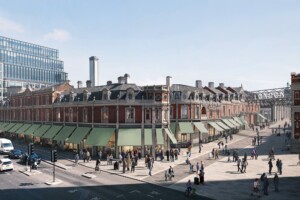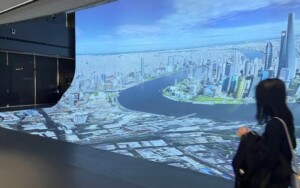Elon Musk’s Neuralink is working on a brain-computer interface that will allow wearers to stream music directly to their brain, but what does the Neuralink chip mean for the future of the visitor experience?
Musk, who also heads SpaceX and Tesla, is due to unveil new information about Neuralink this month, but has been teasing details on Twitter.
In reply to computer scientist Austin Howard, Musk confirmed that Neuralink will let people “listen to music directly from our chips” (via Independent).
Musk also said that the chip “could help control hormone levels and use them to our advantage (enhanced abilities and reasoning, anxiety relief, etc.)”.
In a 2019 presentation, Musk said the company was working on a “sewing machine-like” device that would provide a direct connection between a computer and a chip inserted in the brain.
Neuralink, which was founded in 2016, will initially be used to help people suffering from brain diseases. Ultimately, it’s hoped that it will allow humans to compete with artificial intelligence (AI).
The process of having the chip fitted will be similar to Lasik laser eye surgery. It will also involve a neurosurgical robot fitting flexible ‘threads’ into the brain, connected to an implantable computer chip.
Neuralink offering enhanced abilities and reasoning
If you’ve solved hard problems with phones / wearables (sealing, signal processing, inductive charging, power mgmt, etc), please consider working at engineering@neuralink.com
— Elon Musk (@elonmusk) July 18, 2020
“If you’ve solved hard problems with phones/ wearables (sealing, signal processing, inductive charging, power management, etc.), please consider working at [Neuralink],” tweeted Musk.
According to Neuralink, learning to use the device is “like learning to touch type or play the piano”. Musk also said that the chip will be able to cure depression and addiction by “retraining” parts of the brain.
This would solve a lot of brain/spine injuries & is ultimately essential for AI symbiosis
— Elon Musk (@elonmusk) July 19, 2020
Personalisation and technology at attractions
As Neuralink could change the way we experience the world and how we feel about it, the impact on visitor attractions may be profound.
Back in 2017, Disney filed a patent for a responsive theme park ride system that can read and interpret guests’ emotional states and optimise the ride experience to suit.

The Museum of Future Experiences (MoFE), a virtual reality (VR) pop-up museum, opened last year in New York. The immersive experience offers guests a haunting look inward, revealing an alternate universe based on their hopes, dreams, and fears.
But a Neuralink brain chip could potentially offer the ultimate personalised visitor experience, directly into your mind.
What are the possibilities – not to mention the safeguarding and moral issues – if we could transmit media directly to an individual’s brain?
How thrilling will roller coasters actually need to be if we could directly manipulate an individual’s emotions?
Human trials were originally scheduled to take place in 2020, and more information on Neuralink is set to be announced on August 28.













